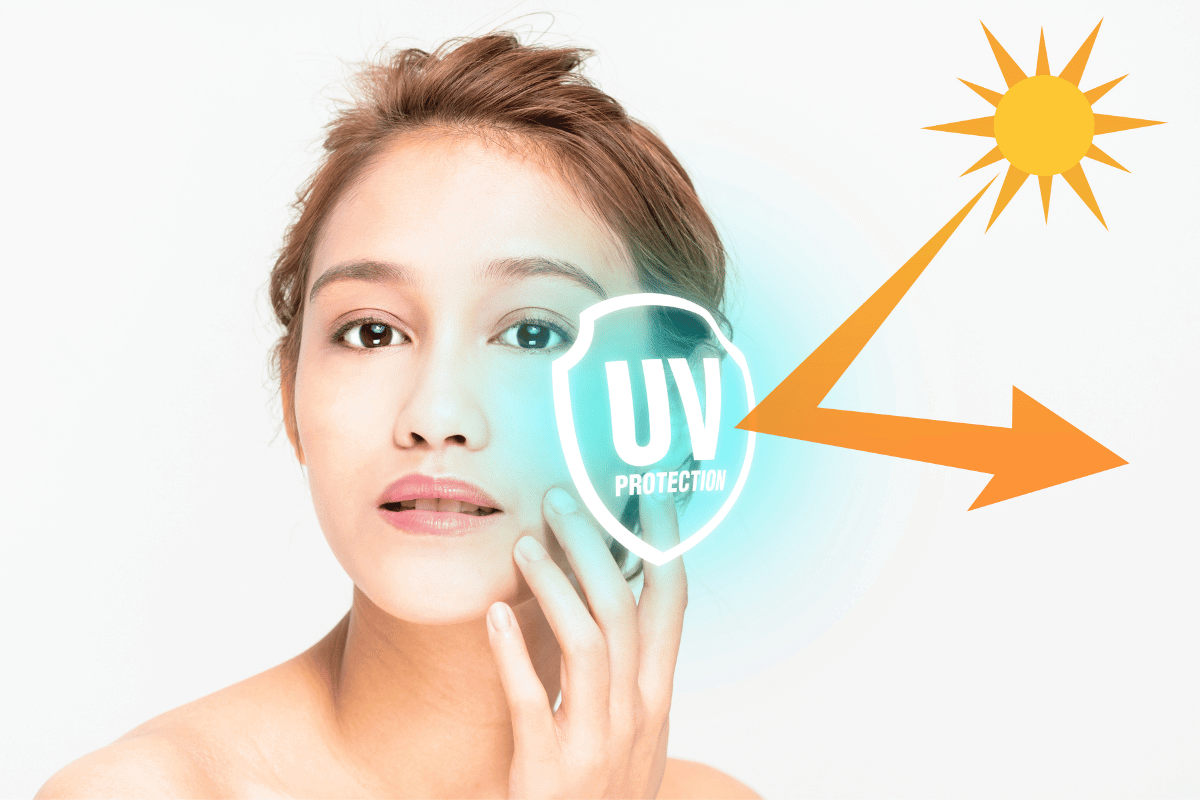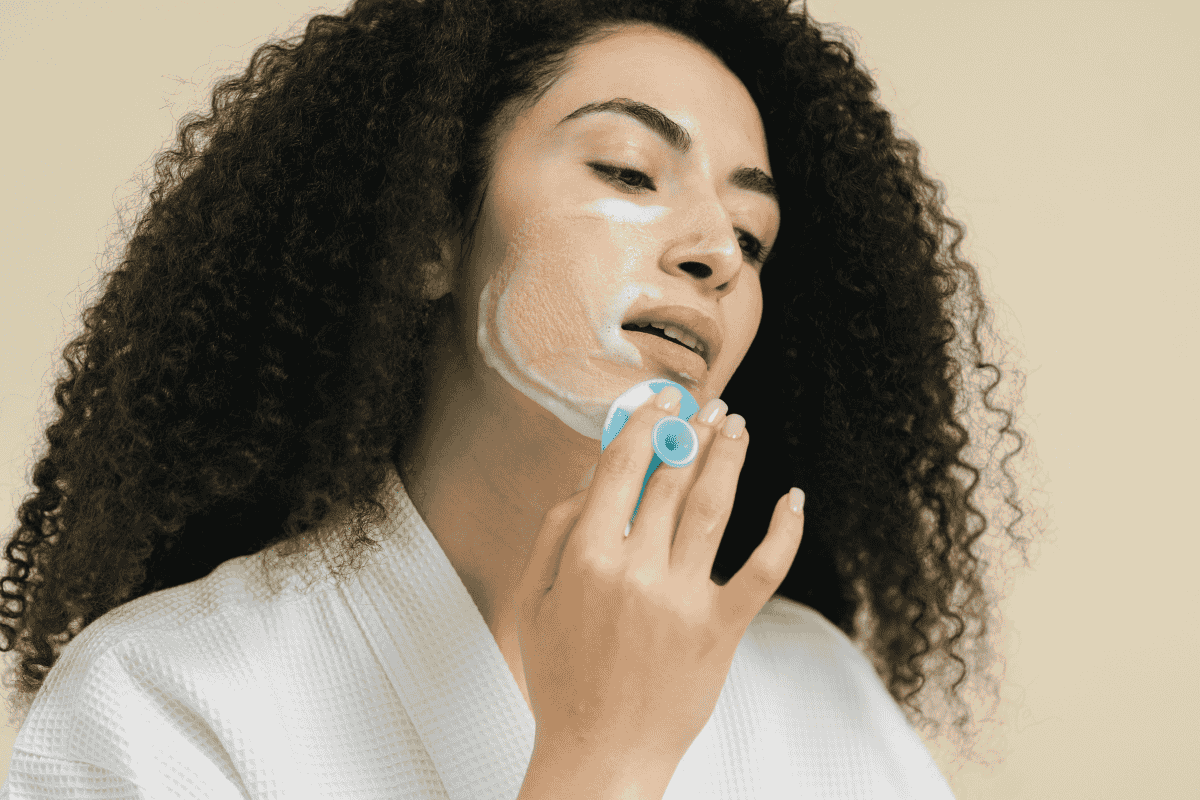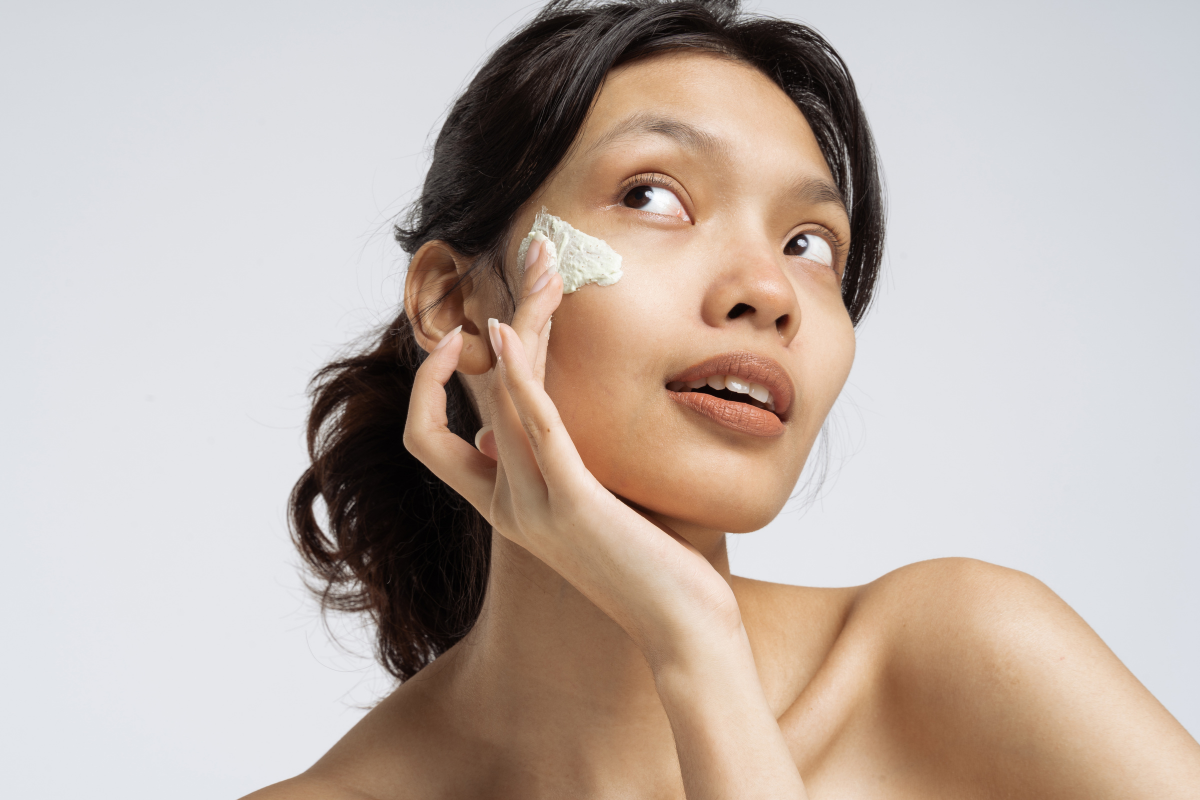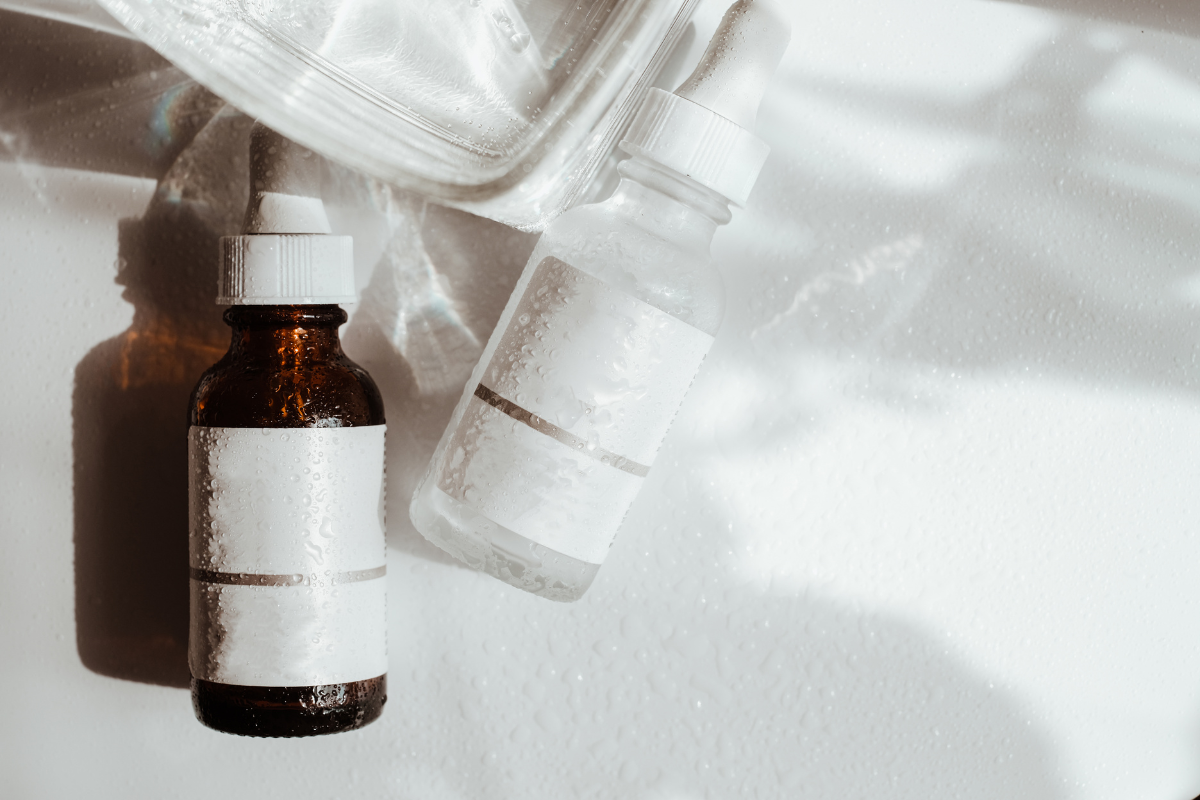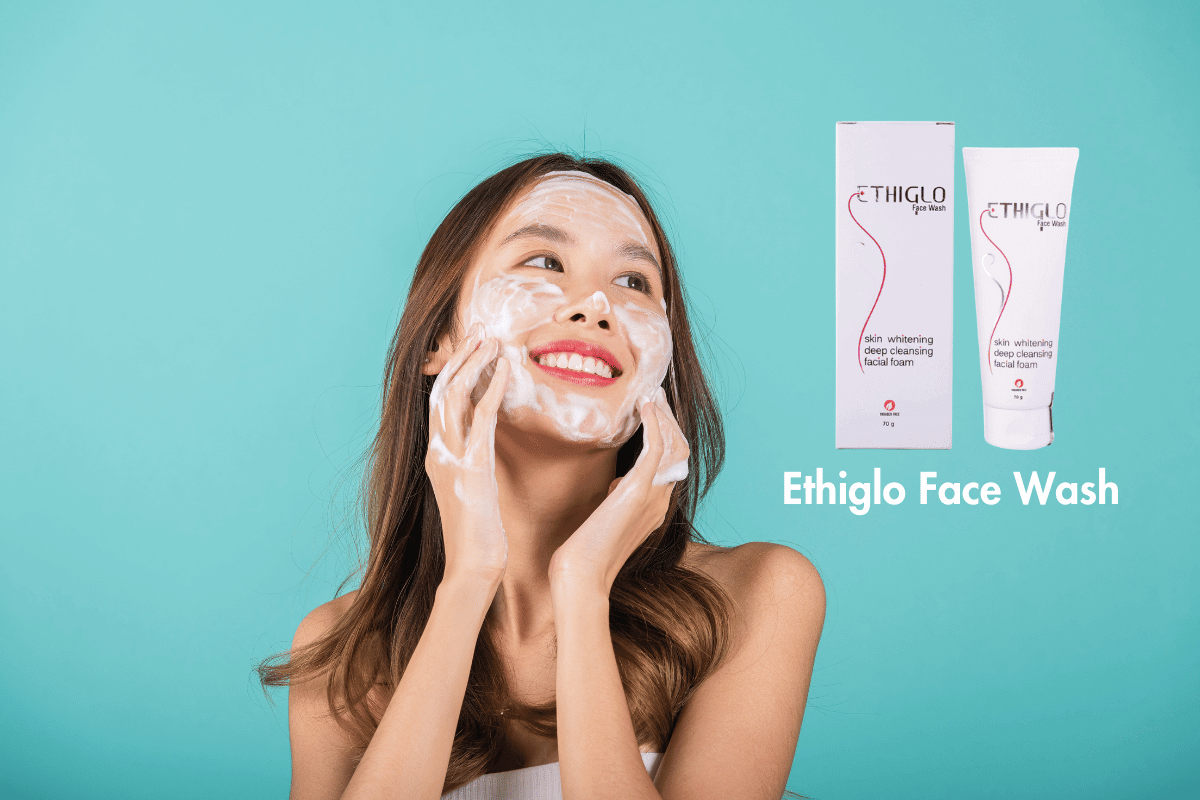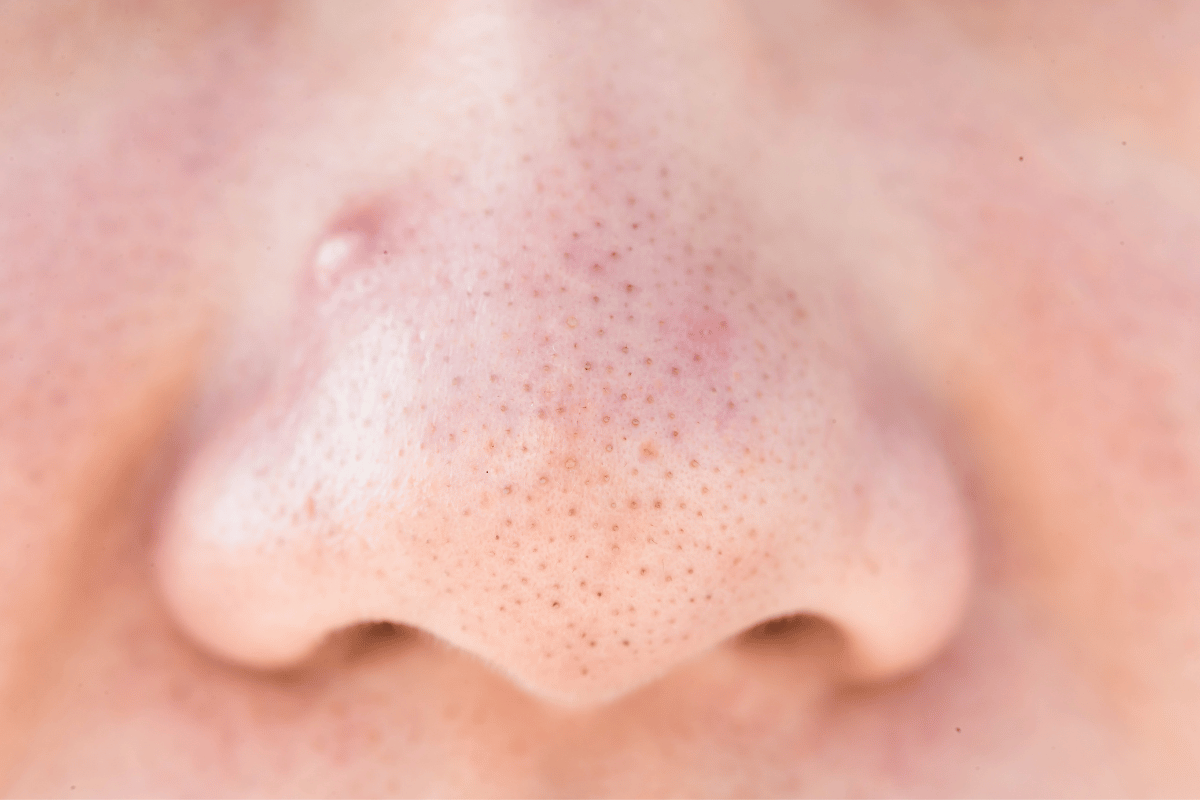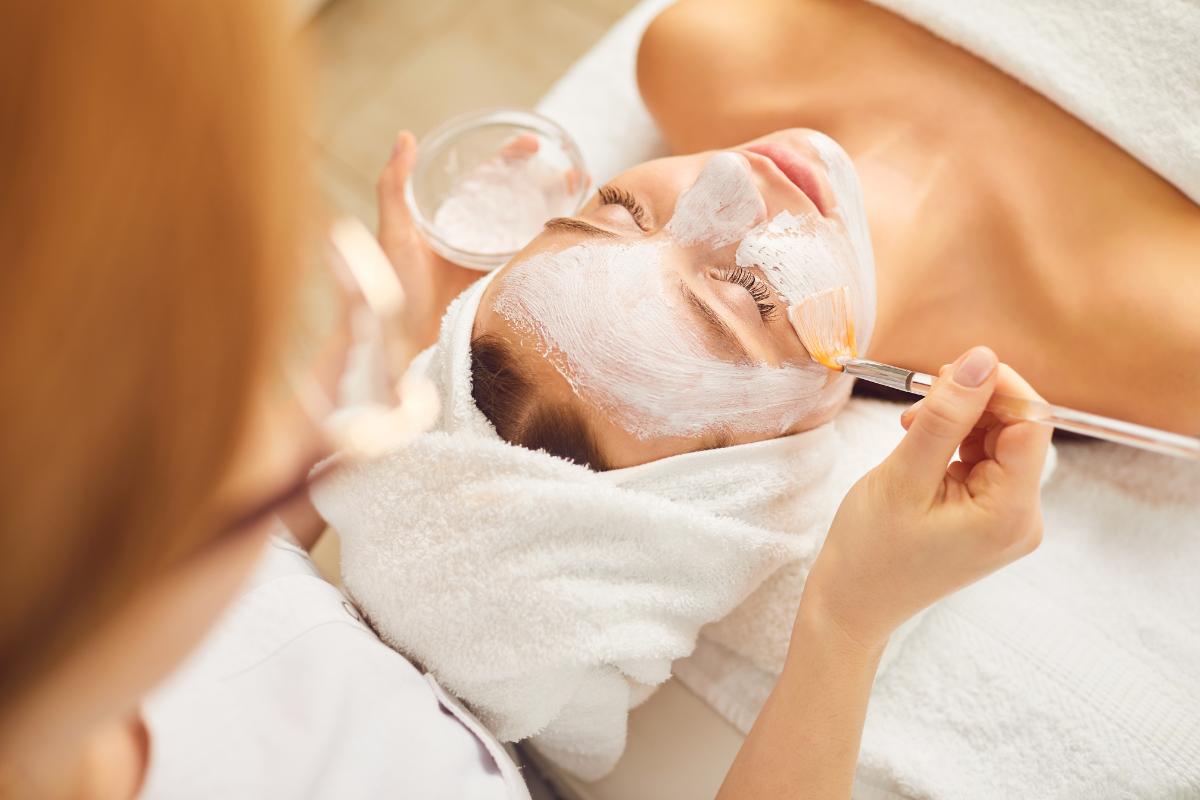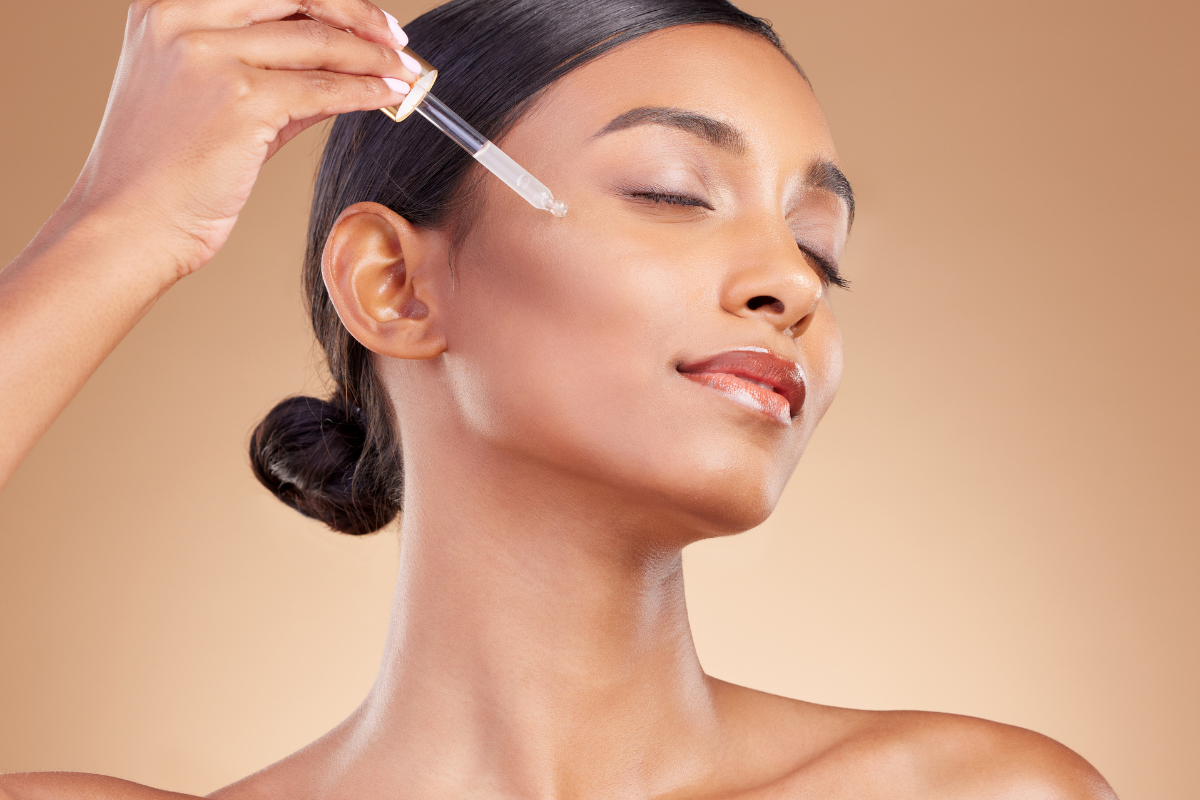One hard-heating summer day, I met up with my friend Sanya. Under the blazing sun, Sanya seemed uncomfortable with her face and the skin exposed to the hit, constantly fussing over her skin. I couldn’t control myself; I asked her what was wrong. She revealed that she had been experiencing skin issues when coming out in hit despite of diligently applying sunscreen.
As a skin specialist, I was curious about her sunscreen. She said she had picked up the first sunscreen she found on the store’s shelf with a better discount, promoted by her favorite celebrity, but without considering factors like her skin type or the SPF level. That’s when it hit me—and we started conversing about choosing the right sunscreen. It’s not just about slapping on any old bottle. It’s about finding one that suits your skin’s unique needs.
In this article today, we are taking a look at a glimpse of the conversation we have that lately made Sanya comfortable and confident with her skin using the right fit sunscreen for her skin.
Let’s check it out by first understanding why sunscreen is important for your skin.
Table of Contents [hide]
Why Sunscreen is it Important for Your Skin?
Sunscreen is a year-round requirement, not simply a summertime addition to your skincare routine. Harmful UV radiation from the sun can cause long-term damage to the skin, including sunburn, premature aging, and skin cancer. Putting on sunscreen every day helps you prevent UV damage and preserve your skin’s youthful appearance by erecting a barrier that protects it from these damaging effects.
Let’s quickly review two points that formed the basis of my conversation with Sanya on this topic: what happens if we don’t wear sunscreen and the importance of having sunscreen in our skin routine.
Impact of Not Wearing Sunscreen
- Without sunscreen, you’re at risk of sunburn and discomfort.
- Sun exposure without protection accelerates aging, causing wrinkles and fine lines.
- Skipping sunscreen increases your susceptibility to skin cancer, including melanoma.
- Unprotected sun exposure can lead to the formation of dark spots and uneven skin tone.
- UV damage diminishes skin elasticity and firmness over time.
- Sun-damaged skin has a weakened immune response, making it more vulnerable to infections.
- The delicate skin around your eyes is at risk of damage without sunscreen.
- Sun exposure without protection can heighten sun sensitivity and cause irritation.
- Actinic keratoses, rough patches on sun-exposed skin, can develop without sunscreen.
- Neglecting sunscreen compromises overall skin health and vitality.
Why Sunscreen is Important for Your Skincare?
Protection Against Harmful UV Rays:
Sunscreen acts as a barrier against UVA and UVB rays, preventing premature aging and reducing the risk of skin cancer.
Prevention of Sunburn:
Applying sunscreen with the right SPF delays the onset of sunburn, allowing you to enjoy outdoor activities without discomfort.
Reduction of Skin Cancer Risk:
Regular sunscreen use significantly lowers the chances of developing skin cancer by shielding the skin from UV damage.
Prevention of Premature Aging:
Sunscreen protects against photoaging, maintaining skin’s elasticity and minimizing the appearance of fine lines and wrinkles.
Protection Against Hyperpigmentation and Uneven Skin Tone:
By blocking UV rays, sunscreen helps prevent dark spots and patches, promoting a more even complexion.
Overall Skin Health and Vitality: Sunscreen preserves skin integrity, reduces the risk of other skin conditions, and promotes a healthy, youthful appearance.
Factors Affecting While Choosing Sunscreen for Your Skin
From the issues Sanya was facing, it was clear that choosing the ideal sunscreen is not a one-size-fits-all process. A sunscreen’s efficacy and compatibility for your skin type are influenced by a number of factors. It is very important to consider these factors before deciding on the sunscreen you apply to your skin.
Let’s understand these factors that helped Sanya find the best sunscreen choice for her skin, might help you as well.
1. Skin Type:
The first consideration when choosing sunscreen is your skin type. Skin can be categorized into various types, such as dry, oily, combination, or sensitive. Different formulations suit different skin types. For example:
- Dry skin: Look for sunscreens with moisturizing ingredients like glycerin or hyaluronic acid to prevent further drying.
- Oily skin: Opt for oil-free or mattifying sunscreens to avoid exacerbating oiliness and clogging pores.
- Combination skin: Choose lightweight, non-comedogenic formulas that balance hydration without leaving a greasy residue.
- Sensitive skin: Select hypoallergenic or fragrance-free sunscreens to minimize irritation and potential allergic reactions.
2. SPF (Sun Protection Factor) Level:
SPF indicates the level of protection a sunscreen offers against UVB rays, which are primarily responsible for sunburn. The SPF number correlates with the amount of time it takes for skin to burn compared to unprotected skin. As a general guideline:
- SPF 30: Provides high protection and is suitable for daily use.
- SPF 50: Offers even greater protection and is recommended for prolonged sun exposure or individuals with fair skin.
- SPF 15 or lower: While still providing some protection, these are best suited for everyday activities with minimal sun exposure.
3. Broad-Spectrum Protection:
Ensure the sunscreen offers broad-spectrum protection, shielding against UVA and UVB rays. UVA rays penetrate deeper into the skin, contributing to premature aging and skin cancer, while UVB rays primarily cause sunburn.
Look for ingredients like avobenzone, zinc oxide, or titanium dioxide, which provide broad-spectrum coverage.
4. Water Resistance:
Consider your lifestyle and activities when choosing a sunscreen. If you’ll be swimming, sweating, or engaging in outdoor sports, opt for a water-resistant formula.
Water-resistant sunscreens maintain their effectiveness for a specified time period (usually 40 or 80 minutes) while exposed to water or heavy perspiration, ensuring continuous protection.
5. Formulation Preference:
Sunscreen comes in various formulations, including lotions, creams, gels, sprays, sticks, and powders. Choose a formulation that aligns with your preferences and lifestyle. For example:
- Lotions and creams: Ideal for daily use on the face and body, providing hydrating benefits.
- Gels and sprays: Lighter in texture and quickly absorbed, making them suitable for oily or acne-prone skin.
- Sticks and powders: Convenient for on-the-go application and reapplication, particularly for sensitive areas like the face and scalp.
6. Active Ingredients:
Pay attention to the active ingredients in the sunscreen. Mineral sunscreens contain zinc oxide or titanium dioxide, which physically block UV rays from penetrating the skin. Chemical sunscreens, on the other hand, contain organic compounds that absorb and dissipate UV radiation.
Some individuals may prefer mineral sunscreens for their gentle, non-irritating properties, while others may opt for chemical sunscreens for their lightweight feel and ease of application.
Conclusion
After our conversation, Sanya found that the importance of sunscreen in maintaining healthy, protected skin cannot be overstated. From shielding against harmful UV rays to preventing premature aging and reducing the risk of skin cancer, sunscreen is a non-negotiable aspect of skincare, but it is also important to find the right sunscreen for your skin.
I am sure like Sanya this conversation is helpful to you also but if you are still having any concerts or dealing with any specific skincare dilemma, feel free to connect with our Skincare experts and share your thoughts with us for professional guidance on your skincare routine.

